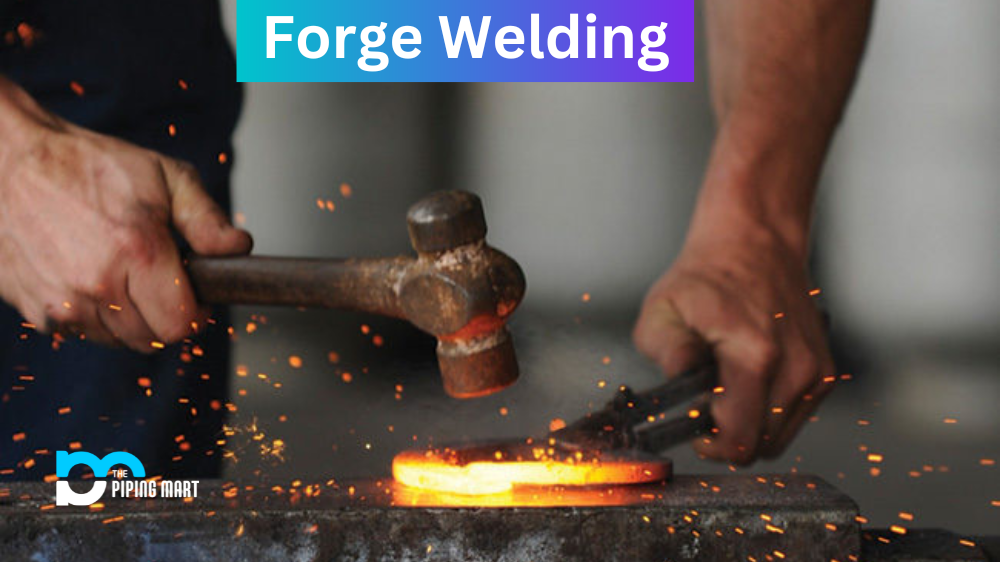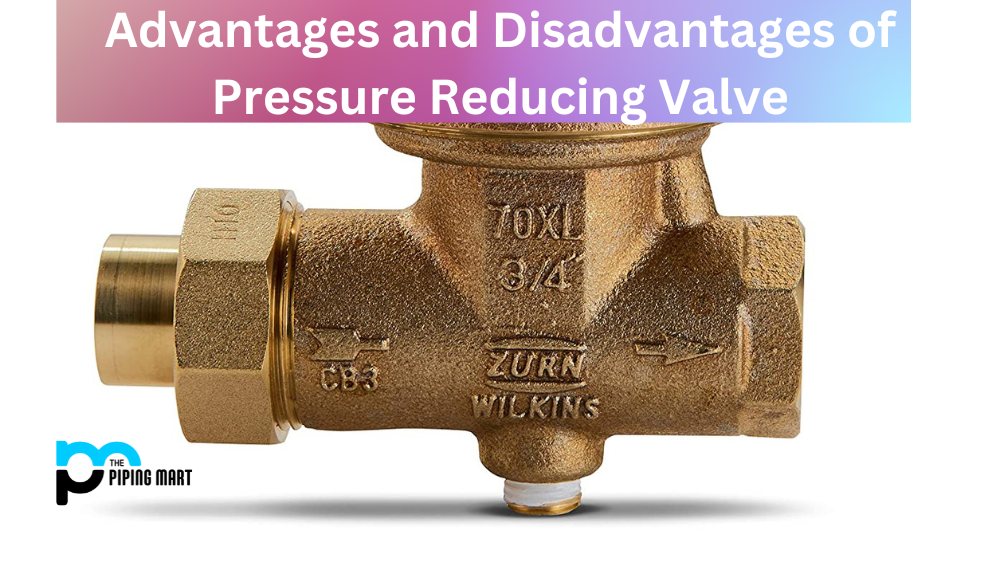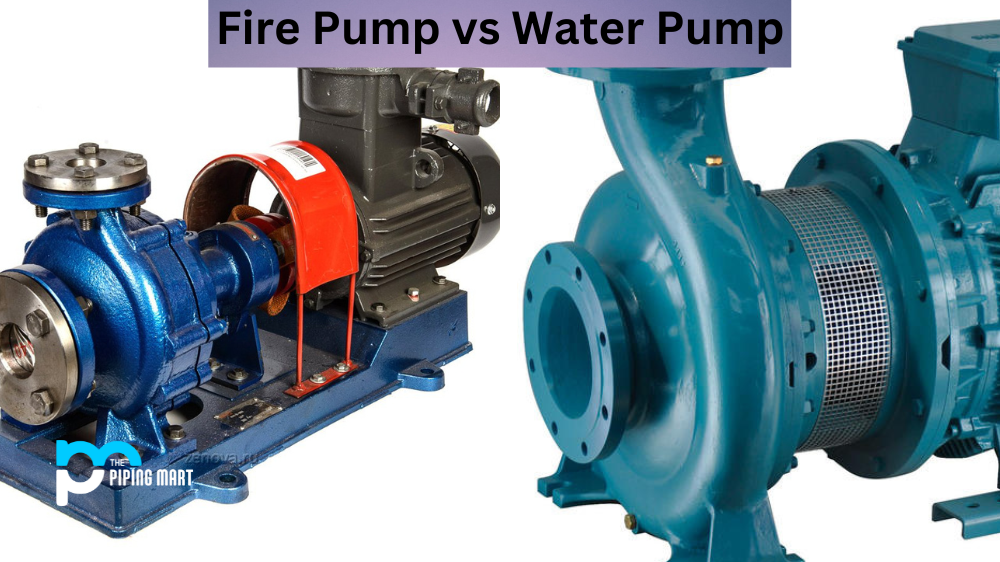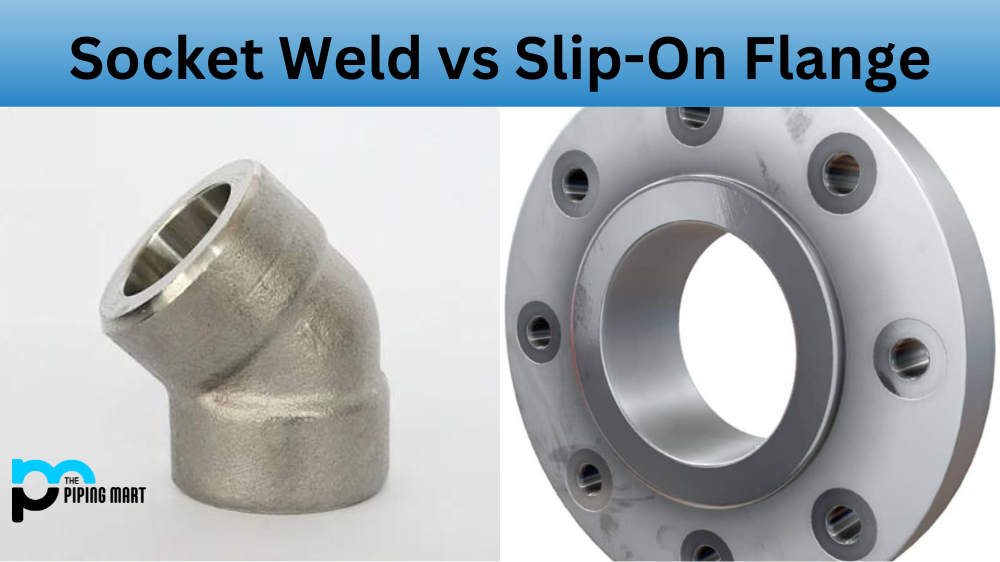Forge welding is a type of welding that uses intense heat to join two or more pieces of metal together. It is an ancient technique that has been used for centuries and is still commonly used today. This blog post will explore the different types of forge welding and how they’re used in modern-day applications.
What is Forge Welding?
The basic process of forge welding involves heating two pieces of metal until they reach their individual melting points, then pressing them together at the joint to create a solid bond. This process requires extreme heat, usually from a forge or other specialized equipment, and tools such as hammers and tongs to shape the metal while it is molten. The result is a strong joint with minimal gaps between the joined metals.
Different Types of Forge Welding
Several different types of forge welding can be used depending on the application. These include:
Pressure Welding
This type of forge welding involves applying pressure to two pieces of metal while they are being heated so that they will bond together when cooled. This technique is often used for joining large pieces of metal that can withstand heavy loads or pressure.
Flash Welding
Flash welding uses high temperatures and fast cooling rates to fuse two pieces of metal together quickly and efficiently. This method is excellent for completing large-scale projects in a short amount of time since it can weld multiple pieces at once in one step.
Friction Welding
Friction welding utilizes friction created by spinning two pieces of metal against one another while they are both heated up to their melting point. The friction causes the metals to form bonds with each other, resulting in a strong joint without any gaps or visible seams between them.
Conclusion:
Forge welding is an ancient but still helpful technique for joining two or more pieces of metal together using intense heat and pressure. Many different types of forge welding techniques are available, each designed for specific applications based on its ability to quickly and efficiently create strong joints with minimal gaps or seams between the materials being joined. Forging may be the answer for those looking for an efficient way to enter large amounts of metal without compromising strength!

Pipingmart is a B2B portal that specializes in metal, industrial and piping items. Additionally, we share the latest information and information about materials, products and various types of grades to assist businesses that are involved in this business.




